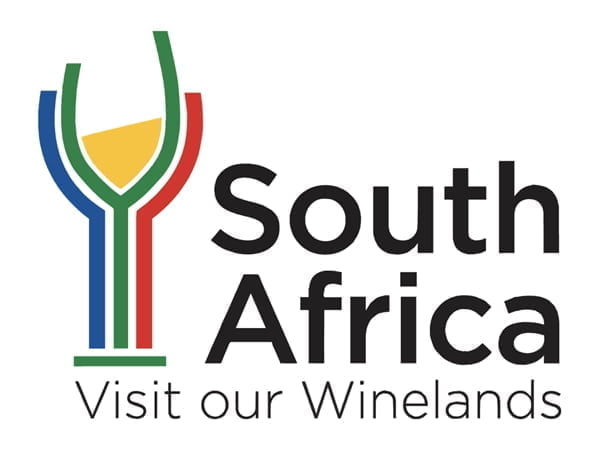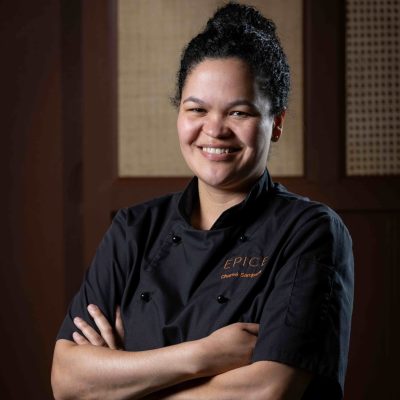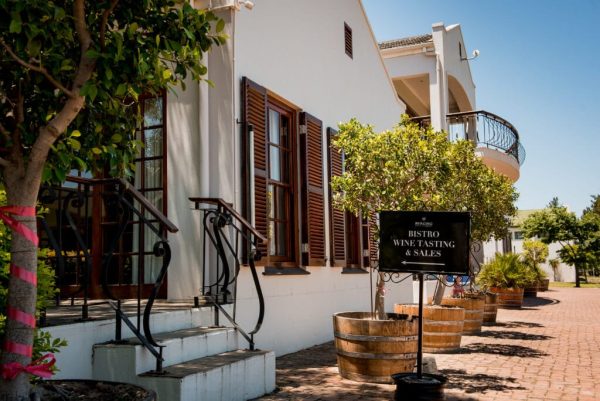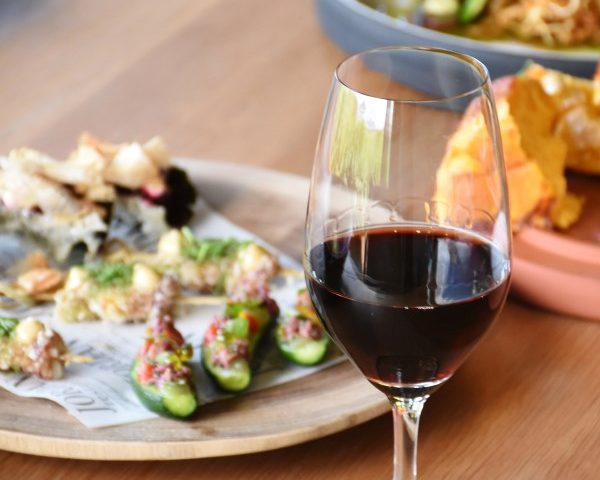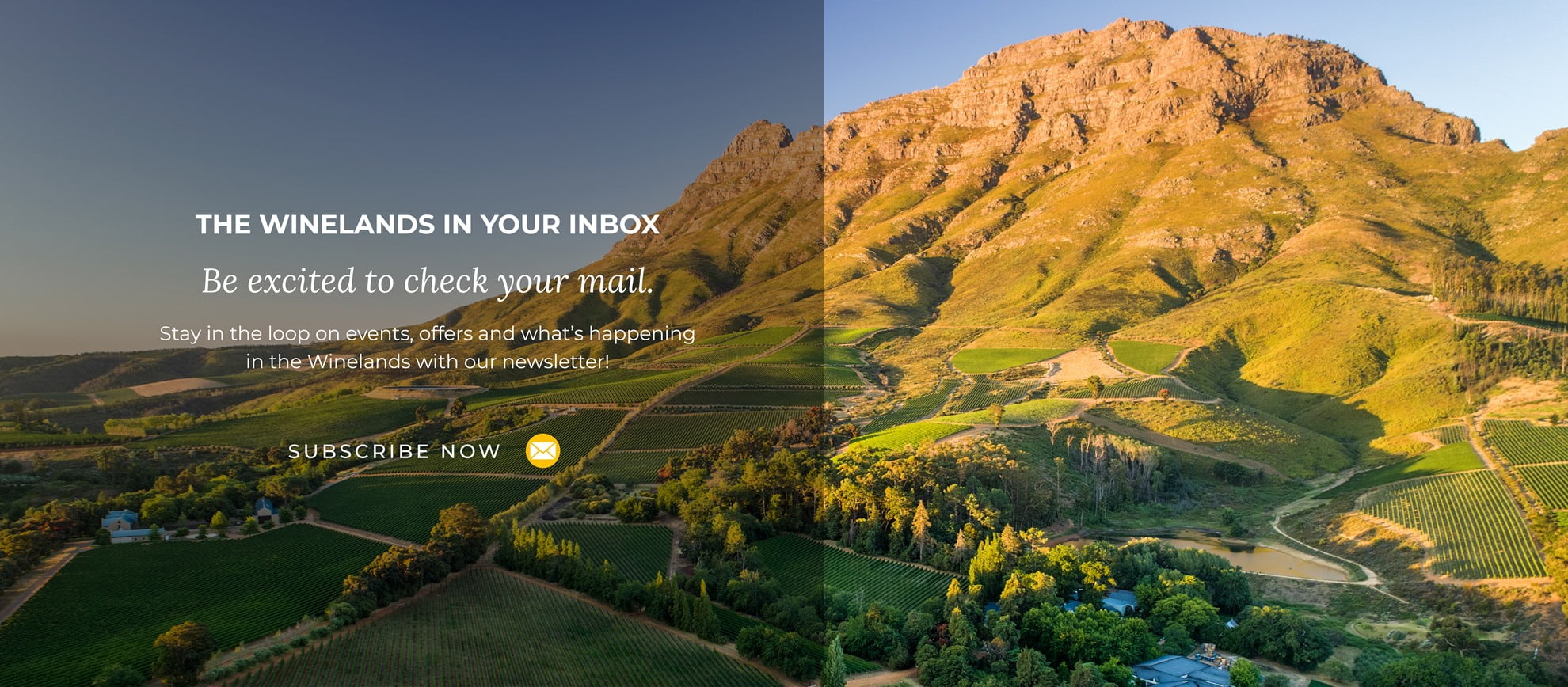Who made your wine?
Being a responsible wine drinker doesn’t only mean not driving under the influence. It also means knowing (and caring about) how and where your wine is produced.
A number of wine farms in South Africa are leading the way by implementing innovative solutions that conserve the environment, respect the community and follow ethical business practices.
Good news is that there are also some incredible eco-experiences on wine farms and nifty tools for locals and visitors to be part of the solution too.
Here’s your complete guide to the why, what, who and how of sustainable wine.
Why it’s Important to Care
If we are intentional about the way we consume and produce wine and it’s ripple effect beyond the farm gate, future generations will reap the rewards.
Climate change, biodiversity, wildlife, employment, economic growth, development, soil quality and pollution are all factors that are directly linked to one thing: our collective sustainability efforts.
The sustainable wine terms you need to know
First things first: get with the lingo. Before you can roll out the green carpet for our winery-heroes learn how to speak sustainable wine fluently. Go through this quick summary of what the terminologies mean (in plain English).
What does it mean to be a ‘sustainable’ wine farm?
Sustainable wine farms have a positive impact on all three segments of life: socially, environmentally and economically. Basically, these farms have proactive programmes in place to uplift their community, protect the environment and ensure ethical business.
What does it mean to be an ‘eco-friendly’ wine farm?
Eco-friendly wine farmshave a positive effect only on one aspect: environmentally. These green, nature conscious or environmentally focused farms guarantee reduced, minimal, or no harm to the planet.
What does it mean to be a ‘carbon-neutral’ wine farm?
Carbon-neutral wine farms are eco-friendly by having a zero carbon footprint. This means that they sequestrate (limit and counter) their CO2 emissions during fermentation and manage their energy consumption responsibly.
Confronting Climate Change (CCC) is an initiative that supports local fruit and wine producers to respond the risks and opportunities associated with carbon emissions.
Did you know that Backsberg was the first wine producer in South Africa and one of only three in the world to gain Carbon Neutral status in 2011? They even got a Greenpeace award for Climate Change Leadership.
What are ‘organic’ wines (and which farms produce it)?
Organic wines are made from 100% organically grown grapes with no synthetic pesticides, fertilisers or chemicals used to protect it from insects or disease. Instead they’ll use ducks, horses and bugs as natural methods.
There are certain organic wines that go a step further and also don’t add any extra sulphites or artificial additives – au natural.
Five organic wine producers in South Africa:
Find more organic wine producers here The Biodynamic and Organic Wines of South Africa Association.
What are ‘biodynamic’ wines (and which farms produce it)?
Biodynamic wines are not only using organically grown grapes but the farming process form part of an effort to balance the entire vineyard with nature and the cycles of the moon and planets. The farm operates unified with nature emulating its ways and forming an ecosystem. For example, they plant and harvest according to the lunar calendar.
Four Biodynamic organic wine producers in South Africa:
How to identify and support sustainable wineries
Knowledge is power so don’t say you didn’t know. There are various associations that certify or accredit wine farms based on their sustainability with visible seals or badges to identify both wine bottles and marketing material.
- WWF Conservation Champions are wine farms that commit to biodiversity-friendly farming practices, conserve their natural areas and continually improve their water and energy efficiencies. Click here for a list of the current 37 Conservation Champion wine farms in South Africa. You can also download the Champion Wine Guide app for easy access on your smartphone.
Look out for this WWF Conservation Champion badge:
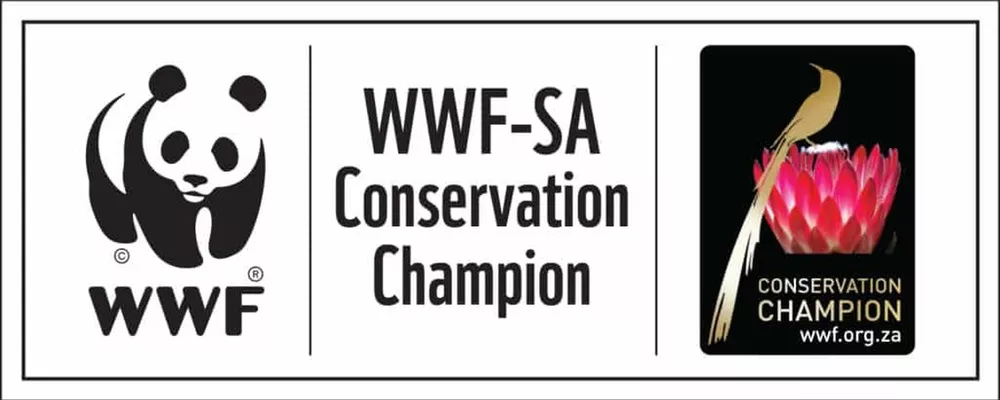
- The Wine and Agricultural Ethical Trading Association (WIETA) actively promotes ethical trade in the wine industry value chain. Wineries that are WIETA-certified are farms that follow fair labour practices.
Look out for this WIETA Certified Fair Labour Practice seal:
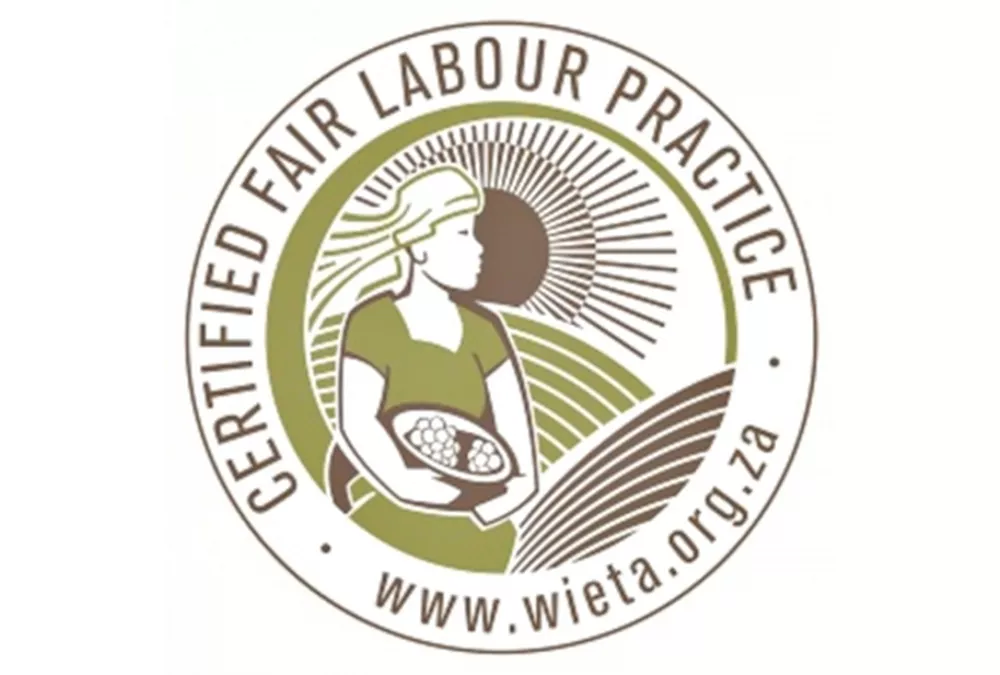
Sustainable Wine South Africa (SWSA) is a partnership between the Wine and Spirit Board (WSB), the Integrated Production of Wine (IPW) scheme and Wines of South Africa (WOSA) to drive the wine industry’s commitment to sustainable production. They created a sustainability seal and wines that are not made to the certified standards needs to use the original Wine of Origin seal.
Look out for this SWSA Integrity and Sustainability Certified seal:
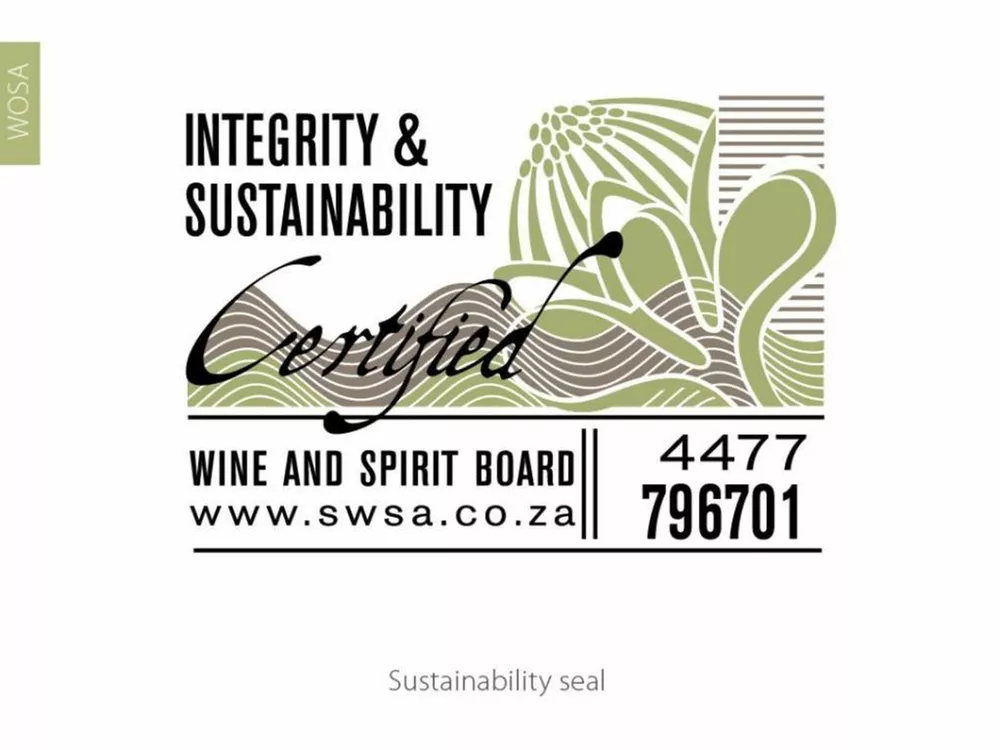
Fairtrade International is a global organisation working to secure a better deal for farmers and workers. Wine farms with the Fairtrade mark indicates that they are licensed members and are in line with their economic, social and environmental standards.
Look out for this Fairtrade label:
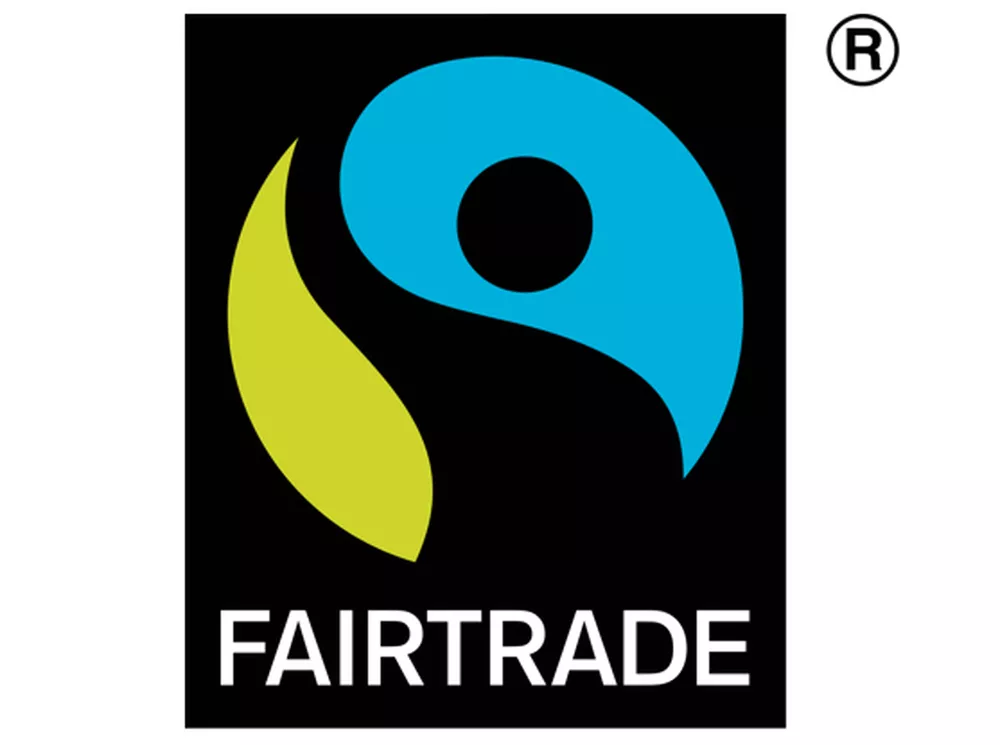
Other labels or wording to look out for: Eco-cert and SGS both providing organic certification to wines.
Ten top eco-experiences in the South African winelands
To learn more about sustainable practices on wine farms and to become part of the responsible tourism movement, sign up for an eco-experience in the winelands.
- Eco-Wine Safari at Avondale: after tasting their organic Methode Cap Classique jump on the back of a tractor-van to witness the natural, biodynamic ways of farming in harmony with nature.
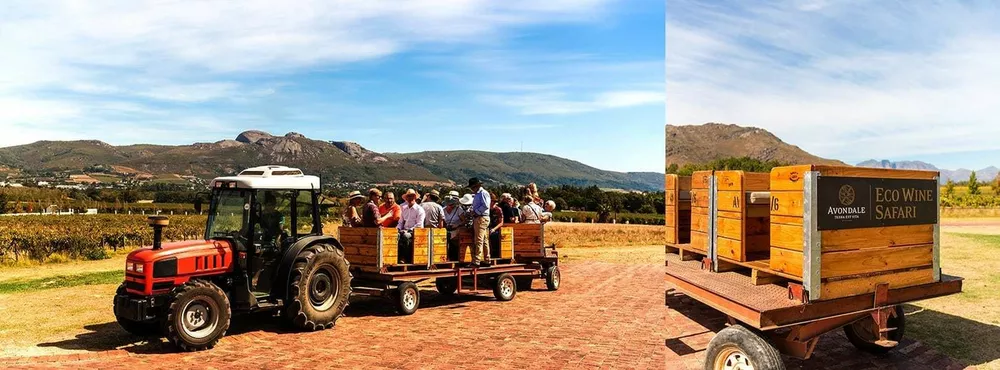
- Eco-friendly Oenology Tour:join a guided tour by Explore Sideways to visit three farms that are not only organic and sustainable farming pioneers but also produce top quality wines. You’ll stop at Backsberg, Avondale and Babylonstoren.
- Wine and Fynbos Experience at Bartinney:occupy all your senses to taste (smell and feel) a selection of wines paired with local fynbos picked on the farm.
- Garden Tours at Babylonstoren:go on one of the guided daily morning walks with an experienced gardener to navigate you through the 300 medicinal or edible plant varieties found in the three-hectare garden.

- Organic and Biodynamic Wine Tour:taste, explore, walk and learn more about a selection of eco-friendly farms hosted as a private guided expedition by Explore Sideways.
- Nature Trail at Hidden Valley:the perfect way to immerse yourself in the biodiversity that the Cape Winelands have to offer.
- Eagle Encounters at Spier:visit the popular birds of prey rehabilitation and release centre and get up close and personal with these magnificent birds. Birds of prey play an important role in keeping the farm’s ecosystem in balance, controlling pests.

- Foraging experience at Wildekrans Wine Estate: indulge in an indigenous and seasonal meal that’s foraged from local artisans and farmers within a 100km radius of the restaurant.
- Mountain biking at Boschendal:adventure-seekers can ride the downhill single track with a nature trail for casual riders.
- Runner Duck Parade at Vergenoegd: witness 1070 ducks in a row that effectively assist in the control of the snail and pest population on the farm.
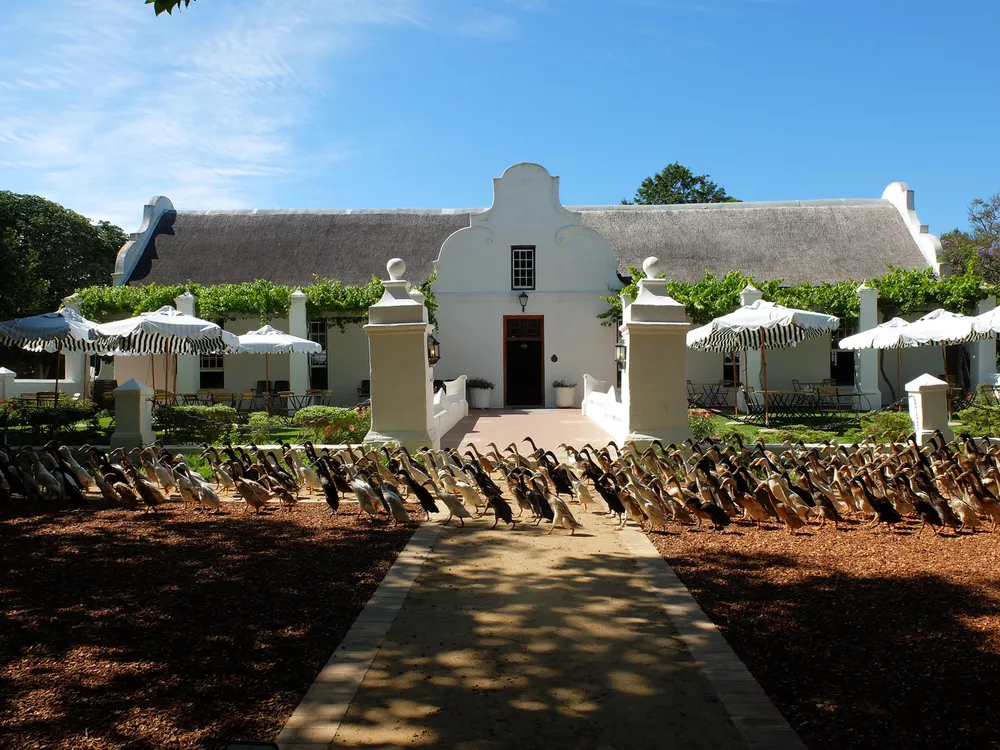
These experiences are authentic wine-memories of a lifetime, and hopefully one day for your children too.

